Zoltan Korda’s 1951 adaptation of Alan Paton’s crusading novel is filled with passion and moral fortitude
Zoltan Korda’s thrilling movie version of Alan Paton’s novel was first released in 1951, when South Africa’s racist apartheid policy was only three years of age and maybe enough of a novelty to be thought of as something amenable to second thoughts, capable of being reformed or even abolished. Paton’s novel itself was published in 1948, the same year as apartheid appeared. Now this film is rereleased, revealing again that it has a crusading preacher’s urgency and moral seriousness, appropriate for a story of priests.
After a slow start, the movie hits a muscular, compelling stride; it is a drama with an obvious biblical parallel, but also a quite genuine Shakespearean resonance in the tragic dimension of its final act and the Montague/Capulet reconciliation it envisions for black and white, bought with the self-sacrificial forgiveness for a capital crime. Perhaps modern audiences would be restive at a story about apartheid South Africa that appears to centre its eventual moral judgment amid the white community and white victimhood, but its passion and idealism blaze out.
It is a drama of the country and the city. In the fictional village of Ndotsheni, whose lush upper slopes are farmed by the white man and the stonier lower ground by the “natives”, an old black minister, Stephen Kumalo, is deeply troubled by the absence of his son, named Absalom, perhaps after King David’s son in the Bible. Absalom has some years before left for the fleshpots of Johannesburg, allegedly to find his aunt, Stephen’s sister, who has reportedly gone to the bad there. But Absalom, like many others, has also sought the higher wages and greater freedoms offered in the city. He may well have simply gone to the bad himself.
Kumalo is played by the veteran US stage and screen actor and civil rights campaigner Canada Lee, who in making this British film was a refugee from America’s McCarthy-ism (like its uncredited co-writer John Howard Lawson). Lee’s performance is the very embodiment of sorrow in old age borne with stoicism, and his anguished gaze seems to wander almost sightlessly all over the screen.
Meanwhile, in parallel, a white farmer called Jarvis (played with thoughtful restraint by Charles Carson) works the land as best he can; he is a Forsterian “sun-dried bureaucrat” complaining like his white neighbours about the shortcomings of his black workforce, and baffled and irritated by the liberal enthusiasms of his son, who lives in Johannesburg and works for better housing for the black population. Jarvis may be a political hawk, but his wife is a gentle dove: this is Margaret, played by Joyce Carey (perhaps best known as the railway teashop manager in David Lean’s Brief Encounter; her more refined voice here puts the stage cockney into perspective).
Stephen journeys to Johannesburg, as innocent as a child for all his grey hairs, on a mission to find his son; he is helped there by a brotherhood of missionary clergymen, including Msimangu (an excellent, forthright performance from Sidney Poitier). And here he is to come across his worldly scapegrace brother John (Edric Connor), a carpenter who cares nothing for Stephen’s scruples, and also his son’s pregnant girlfriend. He will discover the awful truth about Absalom (Lionel Ngakane) and his drift into crime and his fateful connection with Jarvis’s well-meaning, campaigning son – whose journals old Jarvis is finally to read, and from which he gains some understanding about South Africa for the first time in his life.
Cry, the Beloved Country is very greatly about the importance of the Christian church as a unifying moral force: an authority in which black and white can find unity (in this way so very similar to the US civil rights movement). It is unashamedly and unfashionably a religious film, with a vehement speech from the white Father Vincent (Geoffrey Keen), delivered to Stephen in the depths of his agony and angry doubt. It also has a belief in decency (two different characters make apologies, at two different stages, about the rude and boorish way that they have just behaved); quaint, perhaps, but also possessing dignity and idealism. It is an utterly absorbing film.
Cry, the Beloved Country
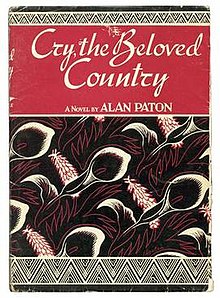 First US edition | |
| Author | Alan Paton |
|---|---|
| Country | South Africa |
| Language | English |
| Genre | novel |
| Set in | Johannesburg and Natal, 1940s |
| Publisher | Scribners (USA) & Jonathan Cape (UK) |
Publication date | 1 February 1948[1] |
| Media type | Print (hard~ & paperback) |
| Pages | 256 (hardback ed., UK) 273 (hardback ed., US) |
| ISBN | 0-224-60578-X (hardback edition, UK) |
| OCLC | 13487773 |
| 823.914 | |
| LC Class | PR9369.3 .P37 |
Cry, the Beloved Country is a 1948 novel by South African writer Alan Paton. Set in the prelude to apartheid in South Africa, it follows a black village priest and a white farmer who must deal with news of a murder.
American publisher Bennett Cerf remarked at that year's meeting of the American Booksellers Association that there had been "only three novels published since the first of the year that were worth reading… Cry, The Beloved Country, The Ides of March, and The Naked and the Dead."[2] It remains one of the best-known works of South African literature.[3][4]
Two cinema adaptations of the book have been made, the first in 1951 and the second in 1995. The novel was also adapted as a musical called Lost in the Stars (1949), with a book by the American writer Maxwell Anderson and music composed by the German emigre Kurt Weill.
Plot[edit]
The story begins in the village of Ixopo Ndotsheni, where the Christian priest Stephen Kumalo, a Zulu, receives a letter from the priest Theophilus Msimangu in Johannesburg. Msimangu urges Kumalo to come to the city to help his sister Gertrude, because she is ill. Kumalo goes to Johannesburg to help her and also to find his son Absalom, who had gone to the city to look for Gertrude but never came home. It is a long journey to Johannesburg, and Kumalo sees the wonders of the modern world for the first time.
When he gets to the city, Kumalo learns that Gertrude has taken up a life of prostitution and beer brewing, and is now drinking heavily. She agrees to return to the village with her young son. Assured by these developments, Kumalo embarks on the search for Absalom, first seeing his brother John, a carpenter who has become involved in the politics of South Africa. Kumalo and Msimangu follow Absalom's trail, only to learn that Absalom has been in a reformatory and will have a child with a young woman. Shortly thereafter, Kumalo learns that his son has been arrested for murder. The victim is Arthur Jarvis, a white man who was killed during a burglary. Jarvis was an engineer and an activist for racial justice, and he happens to be the son of Kumalo's neighbour James Jarvis.
Jarvis learns of his son's death and comes with his family to Johannesburg. Jarvis and his son had been distant, and now the father begins to know his son through his writings. Through reading his son's essays, Jarvis decides to take up his son's work on behalf of South Africa's black population.
Absalom reveals at his trial that he was pressured into committing the burglary by and with his three "friends", who later denied their involvement and threw Absalom under the bus. Absalom is sentenced to death for the murder of Arthur Jarvis. Before his father returns to Ndotsheni, Absalom marries the girl who is carrying his child. She joins Kumalo's family. Kumalo returns to his village with his daughter-in-law and nephew, having found that Gertrude ran away on the night before their departure.
Back in Ixopo, Kumalo makes a futile visit to the tribe's chief in order to discuss changes that must be made to help the barren village. Help arrives, however, when James Jarvis becomes involved in the work. He arranges to have a dam built and hires a native agricultural demonstrator to implement new farming methods.
The novel ends at dawn on the morning of Absalom's execution. The fathers of the two children are devastated that both of their sons have wound up dead.
Characters[edit]
- Stephen Kumalo: A 60-year-old Christian Zulu priest, the father of Absalom, who attempts to find his family in Johannesburg, and later to reconstruct the disintegrating state of his village. Book three focuses heavily on his relationship with James Jarvis.
- Theophilus Msimangu: A priest from Johannesburg who helps Kumalo find his son Absalom and his sister Gertrude.
- John Kumalo: Stephen's brother, who denies the tribal validity and becomes a spokesman for the new racial movement in the city; a former carpenter.
- Absalom Kumalo: Stephen's son who left home to look for Stephen's sister Gertrude, and who murders Arthur Jarvis. His name is an allusion to Absalom, wayward son of the Biblical King David.[5]
- Gertrude Kumalo: The young sister of Stephen who becomes a prostitute in Johannesburg and leads a dissolute life.
- James Jarvis: A wealthy landowner whose son, Arthur, is murdered. He comes to the realization of the guilt of white residents in such crimes and forgives the Kumalos.
- Arthur Jarvis: Murdered by Absalom Kumalo, he is the son of James Jarvis. He had many liberal racial views that are highly significant and influential.
- Dubula: A big man who was the "heart" of anything and everything Arthur Jarvis did, including wanting peace between the races.
- Mr. Carmichael: Absalom's lawyer; he takes his case pro deo (for God) in this case meaning for free.
- Father Vincent: A priest from England who helps Stephen in his troubles.
- Mrs. Lithebe: A native housewife in whose house Stephen stays while in Johannesburg.
- The Harrisons: A father and son who represent two opposing views concerning the racial problem. The father, who is Arthur's father-in-law, represents the traditional view, while the son represents the more liberal view.
- The Girl: A teenage girl, approximately 16 years old, impregnated by Absalom, whom she later marries. She tells Kumalo that Absalom will be her third husband and that her father had abandoned her family when she was quite young. Given her young age it is unclear if any of these marriages were wholly consensual.
Main themes[edit]
Cry, the Beloved Country is a social protest against the structures of the society that would later give rise to apartheid. Paton attempts to create an unbiased and objective view of the dichotomies it entails: he depicts whites as affected by "native crime" while blacks suffer from social instability and moral issues due to the breakdown of the tribal system. It shows many of the problems with South Africa such as the degrading of the land reserved for the natives, which is sometimes considered to be the main theme, the disintegration of the tribal community, native crime, and the flight to urban areas.
Another prevalent theme in Cry, the Beloved Country is the detrimental effects of fear on the characters and society of South Africa as indicated in the following quotation from the narrator in Chapter 12:
Paton makes frequent use of literary and linguistic devices such as microcosms, intercalary chapters and dashes instead of quotation marks for dialogue to indicate the start of speech.
Background[edit]
Cry, the Beloved Country was written before passage of a new law institutionalizing the apartheid political system in South Africa. The novel was published in 1948; apartheid became law later that same year.
The book enjoyed critical success around the world. It sold over 15 million copies before Paton's death.
The book is studied currently by many schools internationally. The style of writing echoes the rhythms and tone of the King James Bible. Paton was a devout Christian.
Paton combined actual locales, such as Ixopo and Johannesburg, with fictional towns. The suburb in which Jarvis lived in Johannesburg, Parkwold, is fictional but its ambiance is typical of the Johannesburg suburbs of Parktown and of Saxonwold. In the author's preface, Paton took pains to note that, apart from passing references to Jan Smuts and Sir Ernest Oppenheimer, all his characters were fictional.
Allusions/references to other works[edit]
The novel is filled with Biblical references and allusions. The most evident are the names Paton gives to the characters. Absalom, the son of Stephen Kumalo, is named for the son of King David, who rose against his father in rebellion. Also, in the New Testament Book of Acts, Stephen was a martyr who underwent death by stoning rather than stop declaring the things he believed. The Gospel of Luke and the Book of Acts are written to Theophilus, which is Greek for "friend of God".
In the novel, Absalom requests that his son be named "Peter", the name of one of Jesus's disciples. Among Peter's better-known traits is a certain impulsiveness; also, after Christ's arrest, he denied knowing Jesus three times, and later wept in grief over this. After the resurrection, Peter renewed his commitment to Christ and to spreading the Gospel. All that suggests Absalom's final repentance and his commitment to the faith of his father.
In another allusion, Arthur Jarvis is described as having a large collection of books on Abraham Lincoln, and the writings of Lincoln are featured several times in the novel.
Paton describes Arthur's son as having characteristics similar to his when he was a child, which may allude to the resurrection of Christ.
Film, television and theatrical adaptations[edit]
In 1951, the novel was adapted into a motion picture of the same name, directed by Zoltan Korda. Paton wrote the screenplay with John Howard Lawson, who was left out of the original credits because he was blacklisted in Hollywood for refusing to give information to the House Un-American Activities Committee. Kumalo was played by Canada Lee, Jarvis by Charles Carson, and Msimangu by Sidney Poitier.[citation needed]
In 1983, a historic stage adaptation was performed by the Capital Players theatre group at the Moth Hall in Gaborone, Botswana. The country was at that time one of the leading "frontline states" to apartheid South Africa and a centre for artistic activity that often stood in quiet opposition to the racist regime just across the border. The premiere was attended by Paton himself, who had travelled from Natal, as well as Botswana's then-President Quett Masire (with political acumen, the director had arranged for the first performance to take place on the President's birthday). School students from across the country were bussed to the capital to see the production.[6]
Another film version was released in 1995, directed by Darrell Roodt. James Earl Jones played the Reverend Kumalo and Richard Harris filled the role of Jarvis.[citation needed]
A stage version by the South African playwright Roy Sargeant was developed in early 2003; it was first staged at the National Arts Festival in Grahamstown, Eastern Cape on 27 June 2003 and at the Artscape Theatre in Cape Town on 8 July 2003. The director was Heinrich Reisenhofer. The script, together with notes and activities for school use, was published in 2006 by Oxford University Press Southern Africa.[citation needed] The play was produced by Independent Theatre in Adelaide, Australia, in 2006 and again in 2008.[7]
Musical adaptation[edit]
In 1949, the composer Kurt Weill, in collaboration with the American writer Maxwell Anderson (book and lyrics), composed a musical based on the book called Lost in the Stars. The original Broadway production opened on 30 October 1949 at the Music Box Theatre and starred Todd Duncan and Inez Matthews. It ran for 273 performances before closing on 1 July 1950. It was made into a movie, starring Brock Peters and Melba Moore, released in 1974.[citation needed]
Lost in the Stars is the last work Weill completed before his death in 1950. Although he was influenced by spirituals, jazz and blues, Weill's distinctive and original style shines throughout the score.[citation needed]
Israeli contratenor David D'Or performed in a stage version at the Israeli National Theater ("Habima Theater") in 2004.[8][9] Maariv in its review wrote: "D'or's outstanding voice is meant for great parts. His voice and presence embraces the audience, who showed their appreciation by a lengthy standing ovation."[8][10]
In August 2012, the Glimmerglass Opera of New York produced the work, in conjunction with Cape Town Opera, directed by Tazewell Thompson.[11]
References[edit]
- ^ Chiwengo, Ngwarsungu (2007). Understanding Cry, the Beloved Country. Westport, CT: The Greenwood Press. p. 21. ISBN 9780313335082.
- ^ "Reader's Digest: Gossip, news: J. F. Albright reports on A.B.A. meeting", The Dallas Morning News, 30 May 1948, p. 6.
- ^ Mossman, Robert (1998), "South African Literature: A Global Lesson in One Country", The English Journal.
- ^ Travis, Molly Abel (Summer 2010),"Beyond Empathy: Narrative Distancing and Ethics in Toni Morrison's Beloved and J. M. Coetzee's Disgrace", Journal of Narrative Theory, Vol. 40, No. 2, pp. 231–250.
- ^ Bartel, R. (ed.) Biblical Images in Literature. (1975:65–66). United States: Abingdon Press.
- ^ Cited by former President Masire in a foreword to "More Sherlock Holmes than James Herriot", a memoir by the director of the Gaborone production, veterinarian Roger Windsor, published in 2015 by the Book Guild [1]
- ^ Harris, Samela (March 2019). "Story: 35 Years Young and Independent". The Barefoot Review. Retrieved 9 January 2023.
- ^ a b "Eurovision Song Contest 2004 on Star Radio". Star Radio. Archived from the original on 10 May 2009. Retrieved 12 May 2009.
- ^ "Israel in 2004". esctoday.com. Archived from the original on 8 December 2008. Retrieved 2 May 2009.
- ^ "About David D'Or & The Philharmonic". Yediot Achronot. April 2003. Archived from the original on 10 July 2011. Retrieved 12 May 2009.
- ^ Galbraith, Susan (3 August 2012). "Lost in the Stars at Glimmerglass". DC Theatre Scene.com. Retrieved 14 February 2013.
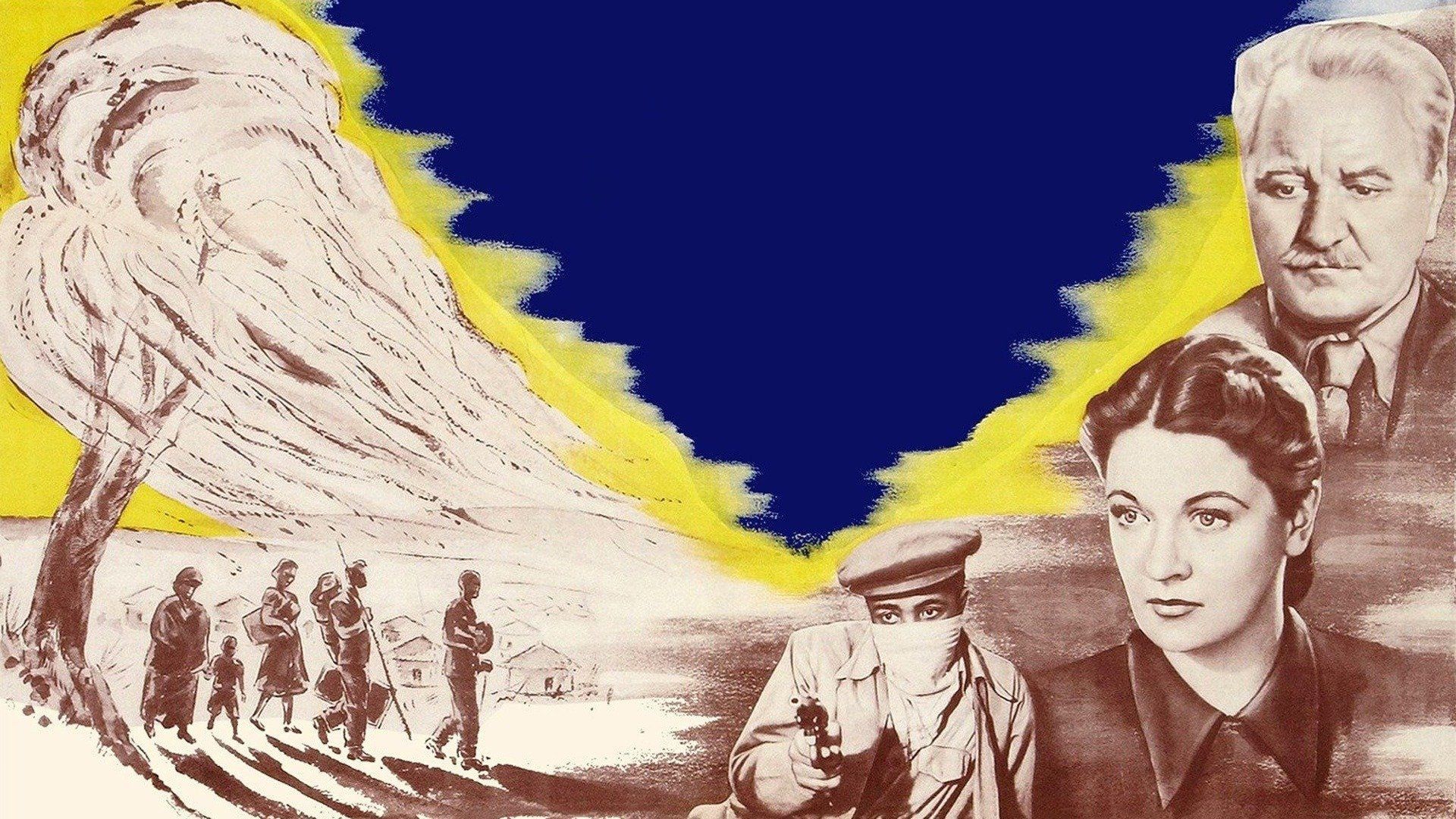
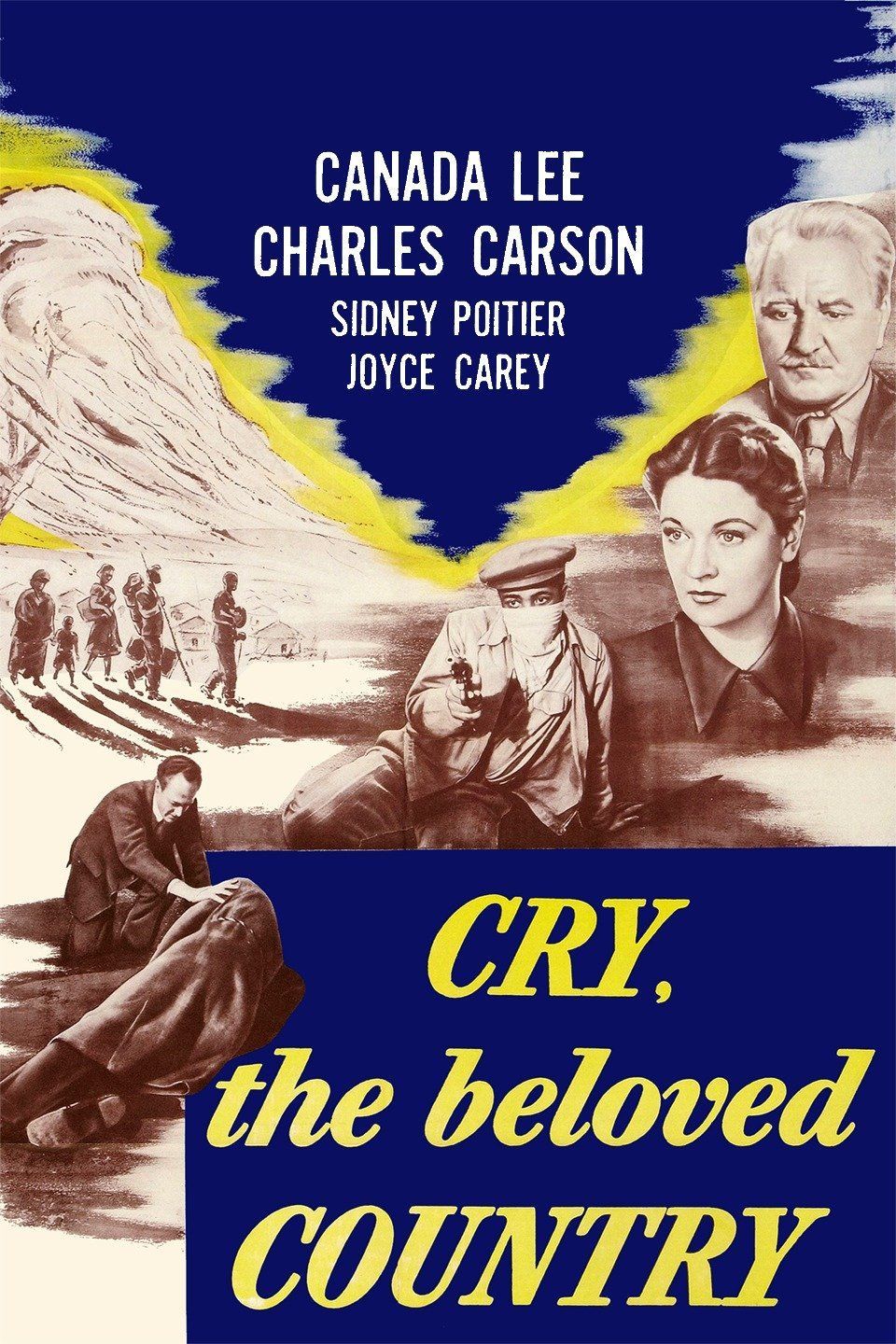
Cry, the Beloved CountryDirected by Zoltan Korda
1952 1h 43m Not Rated
Drama
6.992%68%
Add to Watchlist
In the back country of South Africa, black minister Stephen Kumalo (Canada Lee) journeys to the city to search for his missing son, only to find his people living in squalor and his son a criminal. Reverend Msimangu (Sidney Poitier) is a young South African clergyman who helps find his missing son-turned-thief and sister-turned-prostitute in the slums of Johannesburg.
More
Where to Watch Cry, the Beloved Country
There are no locations currently available for this title
Cast of Cry, the Beloved Country
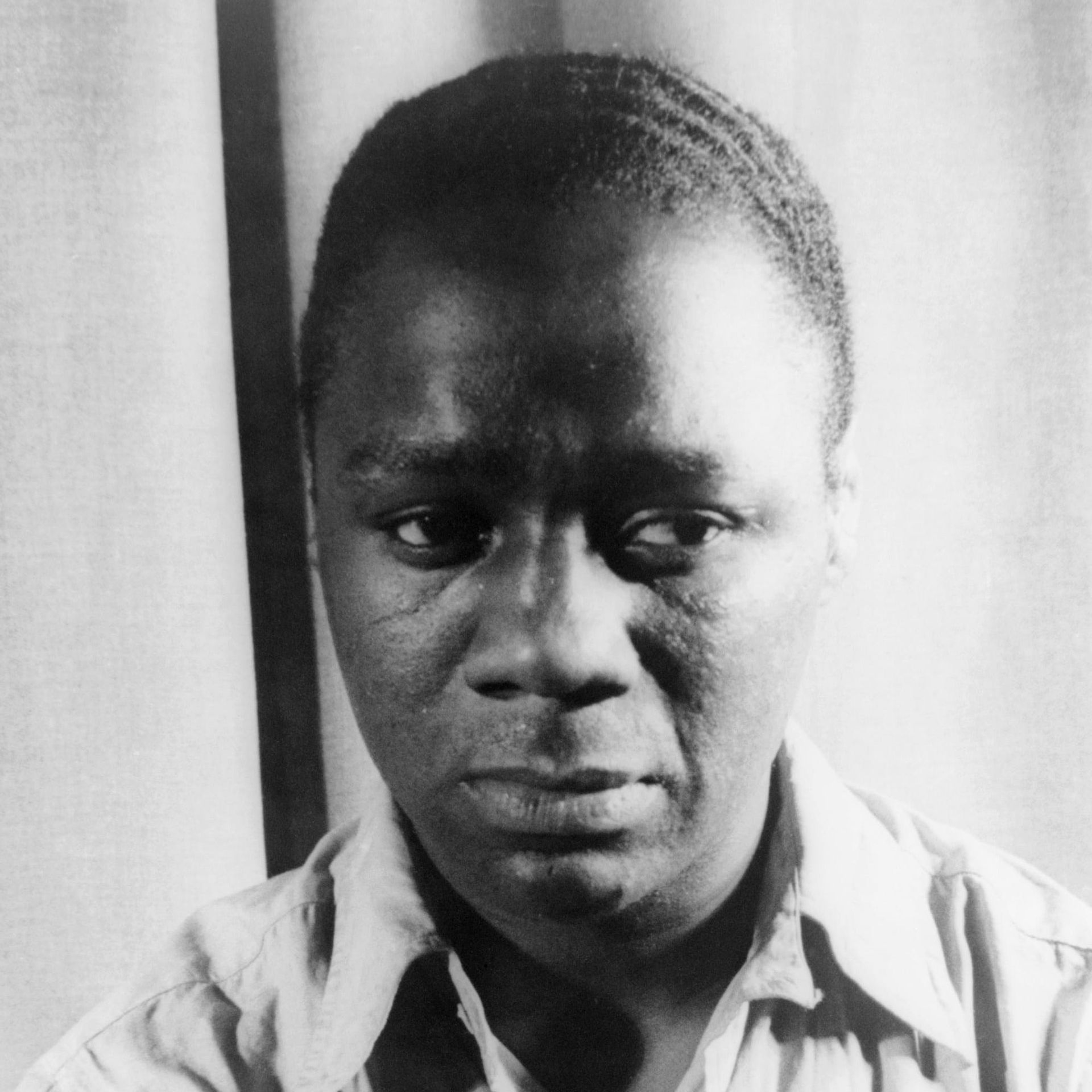 Canada LeeStephen Kumalo
Canada LeeStephen Kumalo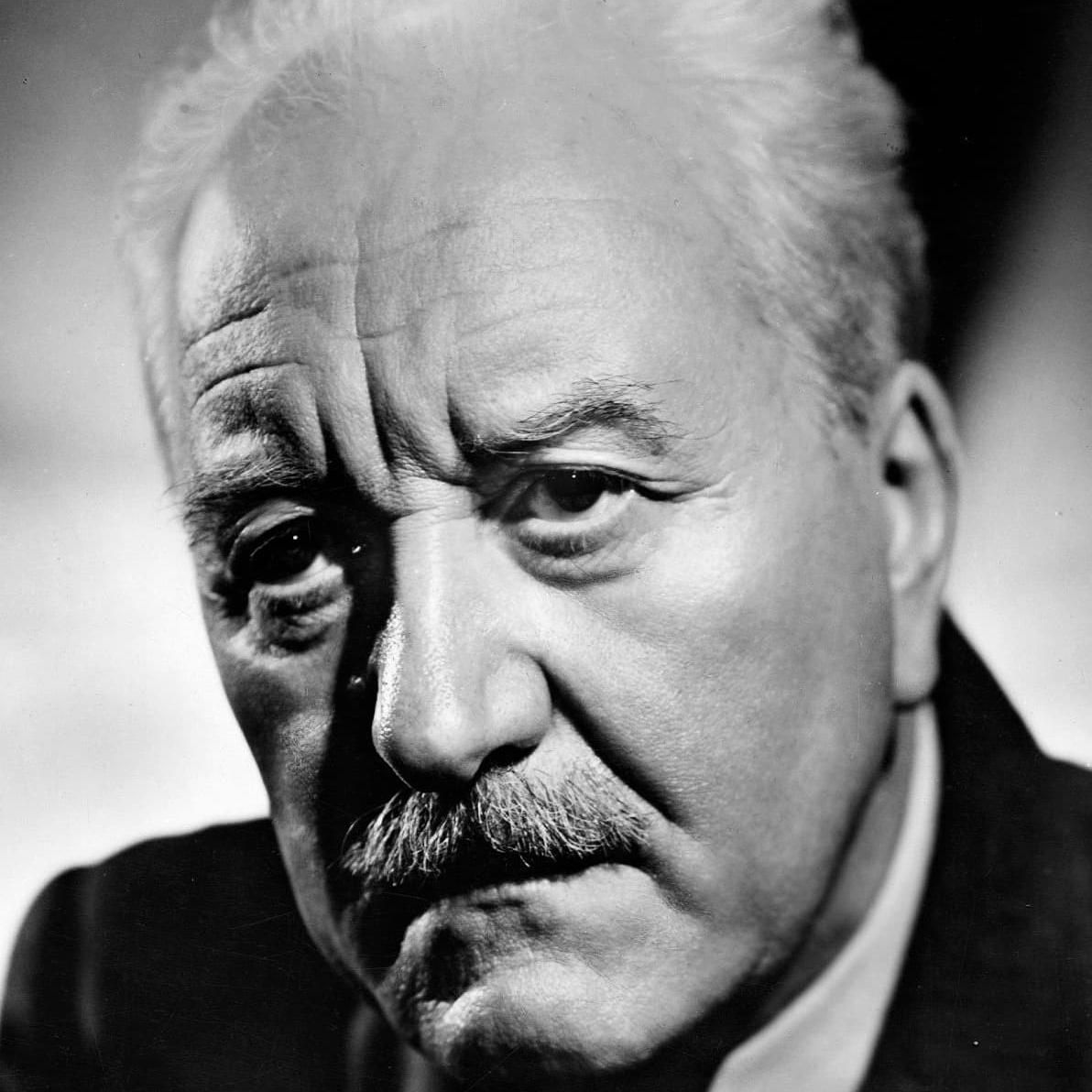 Charles CarsonJames Jarvis
Charles CarsonJames Jarvis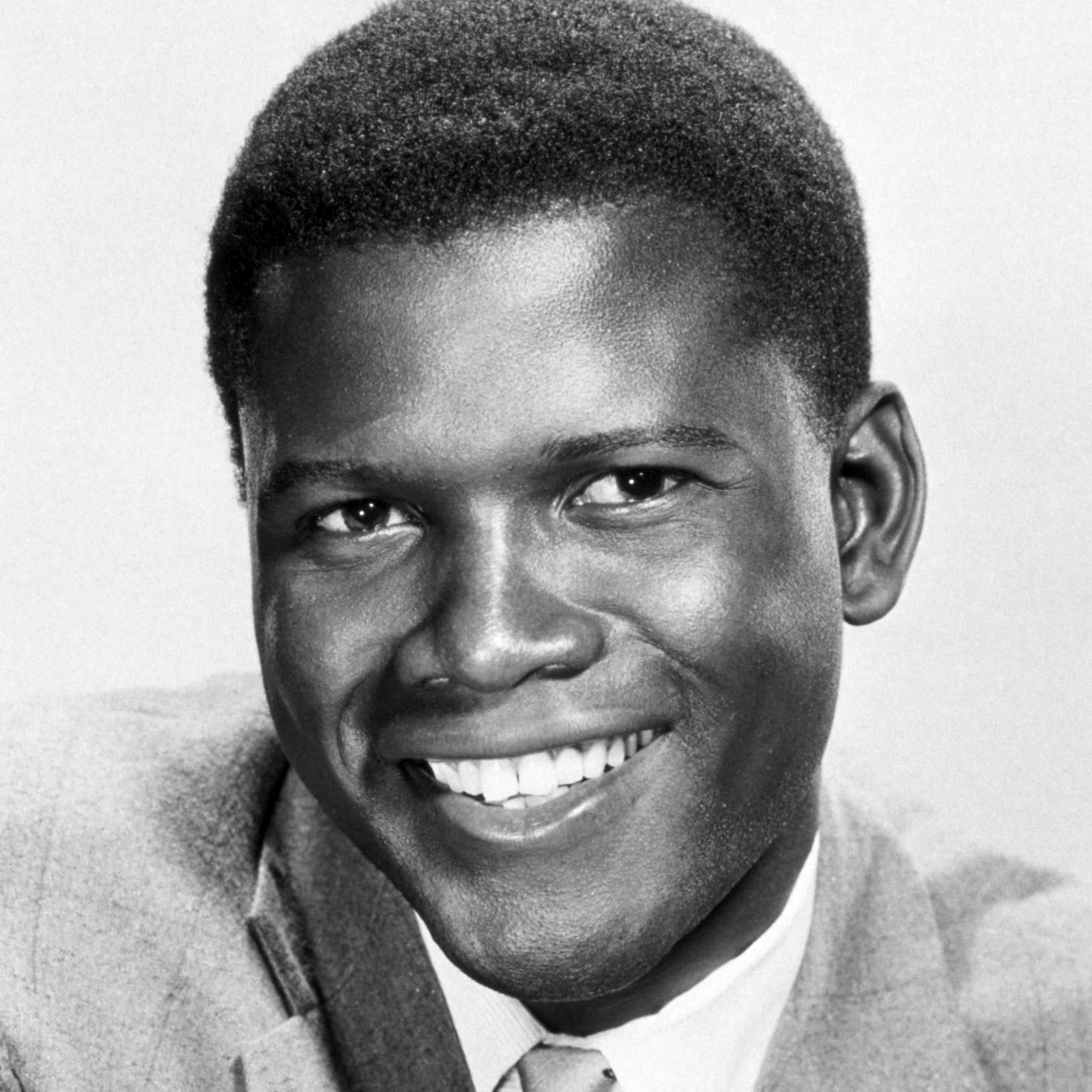 Sidney PoitierReverend Msimangu
Sidney PoitierReverend Msimangu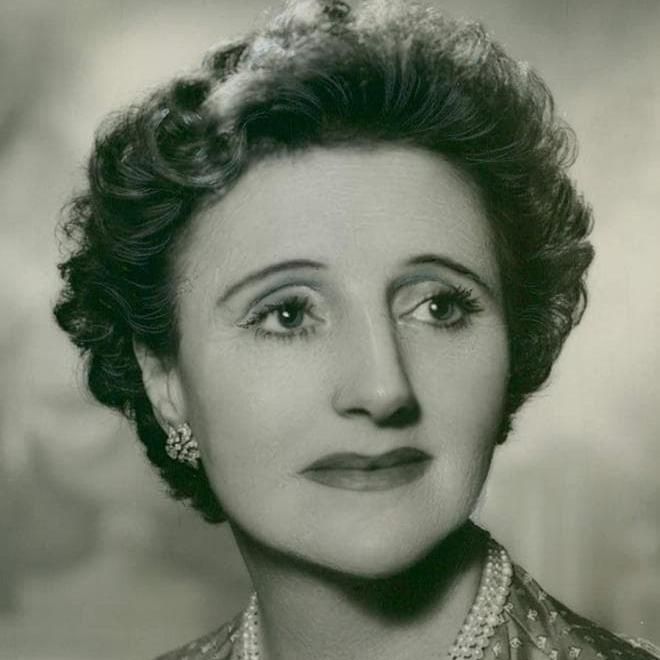 Joyce CareyMargaret Jarvis
Joyce CareyMargaret JarvisGeoffrey KeenFather Vincent
Vivien ClintonMary
Michael GoodliffeMartens
Albertina TembaMrs. Kumalo
Edric ConnorJohn Kumalo
Lionel NgakaneAbsolom Kumalo
Charles McRaeSibeko
Bruce Meredith SmithCaptain Jaarsveldt
Bruce AndersonFrank Smith
Ribbon DhlaminiGertrude
Daniel AdnewmahClient of Gertrude (uncredited)
John ArnattPrison Warden (uncredited)
Henry BlumenthalArthur Jarvis (uncredited)
Cecil CartwrightMr. Harrison (uncredited)
Max DhlaminiFather Thomas (uncredited)
Clement McCallinFirst Reporter (uncredited)
Michael GoldenSecond Reporter (uncredited)
Berdine GrünewaldMary Jarvis (uncredited)
Tsepo GugusheGertrude's Child (uncredited)
Scott HarroldPolice Superintendent (uncredited)
Bari JonsonAccused Man (uncredited)
Cyril KwazaMatthew Kumalo (uncredited)
Evelyn NayatiMrs. Lithebe (uncredited)
Reginald NgcoboTaxi Driver (uncredited)
Emily PooeMrs. Ndela (uncredited)
Shayiaw RibaFather Tisa (uncredited)
Stanley Van BeersJudge (uncredited)
Andrew KayJohn Harrison (uncredited)
Cry, the Beloved Country Reviews
Dennis Schwartz Movie ReviewsDennis SchwartzWell-intentioned engaging drama about South Africa's evil system of apartheid in the 1940s.
VarietyVariety StaffA very moving film, full of simplicity and charm.
Chicago ReaderJonathan RosenbaumCheck it out.
New York TimesBosley CrowtherIt is difficult to do proper justice to the fine qualities of this film or to the courage and skill of Mr. Korda in transmitting such a difficult and sobering theme.
Spirituality & PracticeFrederic and Mary Ann BrussatAn eloquent and moving screen interpretation of Alan Paton's classic 1948 novel set in South Africa and dealing with the transforming power of forgiveness.
TV GuidePoignant but never overly sentimental, Cry, the Beloved Country succeeds because of the simplicity of its story, the sincerity of its performances, and the carefully crafted details with which director Korda invests the film.

No comments:
Post a Comment